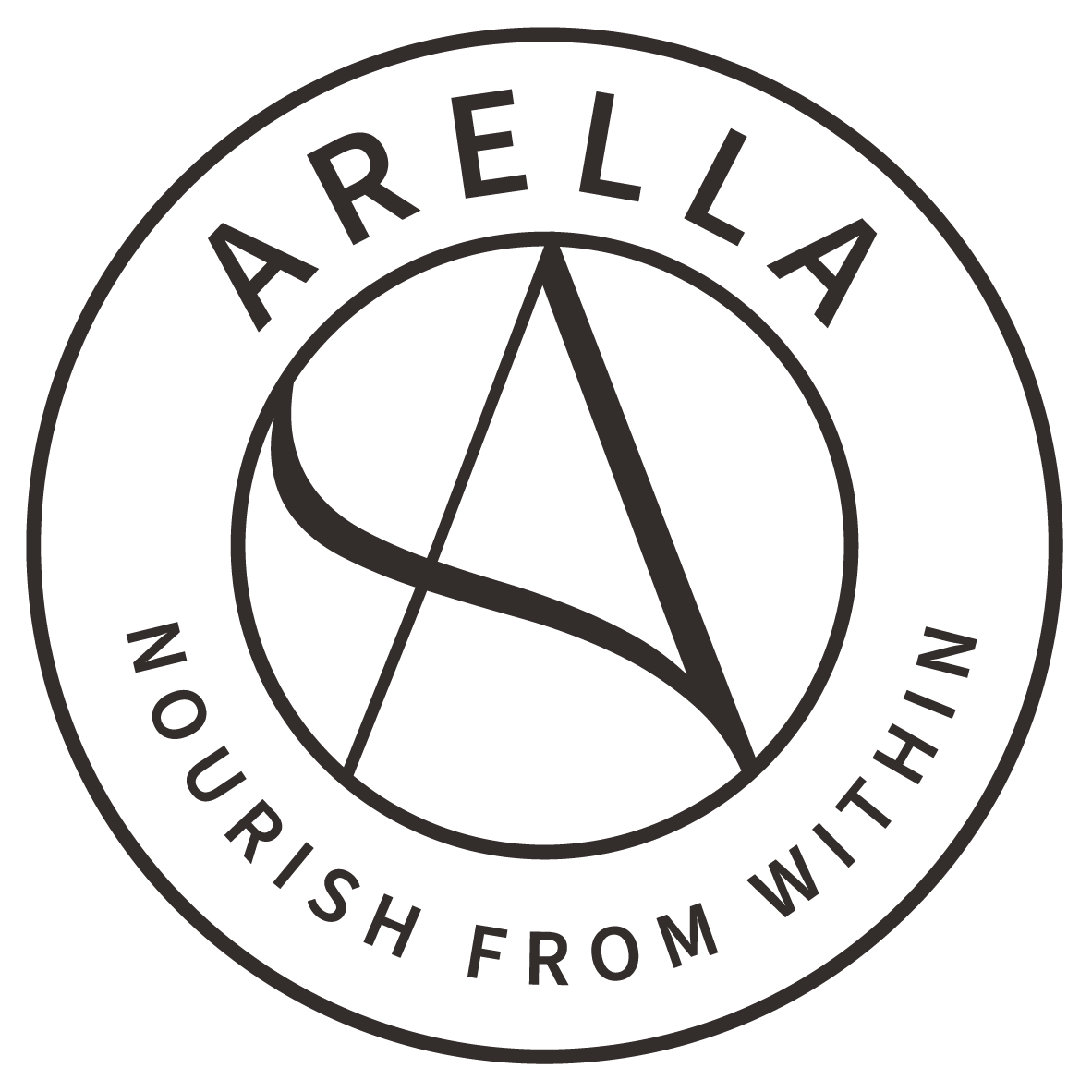Your skin is the body’s largest organ, acting as both a shield and a reflection of your internal health.
When it feels comfortable, hydrated, and resilient, you notice the difference not just in how it looks, but in your confidence and overall wellbeing.
But achieving healthy skin isn’t about chasing quick fixes. It’s about understanding what supports your skin’s natural processes - inside and out - and creating consistent habits that nourish it over time.
Here, we’ll share our insights on what’s genuinely good for skin health, with a focus on the role of collagen, nutrition, hydration, and everyday lifestyle choices.
What Is Good for Skin Health?
Skin health is influenced by many interconnected factors. Genetics play a role, but so do the choices you make daily.
Broadly, good skin health comes down to the following areas:
● Structural proteins like collagen and elastin that keep skin firm and smooth.
● Micronutrients and antioxidants that protect cells from damage and support repair.
● Hydration and circulation, ensuring nutrients are delivered effectively.
● External protection against UV rays, pollution, and harsh weather.
● Lifestyle balance, including sleep, stress management, and physical activity.
By nurturing each of these areas, you give your skin the best chance to function optimally and look its best.
The Link Between Collagen and Skin Health
Collagen is often described as the scaffolding of the skin. It makes up about 75–80% of the dermis (the middle layer of your skin) and provides structure, strength, and elasticity.
When collagen levels are healthy, skin feels firm, hydrated, and resilient.
Why Collagen Declines
From your mid-20s onwards, natural collagen production begins to slow, decreasing by around 1–1.5% each year. Several factors accelerate this process:
● UV exposure damages collagen fibres and generates free radicals.
● High sugar intake promotes glycation, which stiffens collagen and reduces elasticity.
● Smoking introduces toxins that break down collagen and elastin.
● Chronic stress raises cortisol, interfering with collagen synthesis.
Over time, this decline leads to fine lines, sagging, and dryness becoming more noticeable.
Supporting Collagen Production
You can’t stop the natural slowdown, but you can help your body continue to produce collagen:
● Co-factors such as vitamin C and zinc provide the raw materials needed for collagen synthesis.
● Antioxidants from fruit, vegetables, and supplements help protect existing collagen from oxidative stress.
● Hyaluronic acid works alongside collagen by binding water, keeping skin plump and flexible.
Adding Skin Gummies for antioxidant and skin tone support
In addition to focusing on collagen, some people like to supplement with products rich in antioxidants, vitamins, and botanicals to support skin’s glow and resilience.
Arella Skin Gummies bring together sea buckthorn, vitamin C, vitamin E, zinc, and broccoli sprout extract in a chewable, vegan-friendly formula.
They can act as a complement to your daily collagen routine, helping protect skin from oxidative stress while enhancing clarity and glow.
Why Take Collagen Supplements for Skin Health?
Topical creams can only reach the outer layer of skin, but collagen production happens deeper, in the dermis.
This is why oral collagen supplements have become such a popular way to support skin health from within.
They provide the body with the amino acids and nutrients it needs to maintain collagen levels more effectively than skincare products alone.
Vegan vs Animal Collagen
Animal-based collagen supplements are usually derived from bovine or marine sources.
While these provide hydrolysed peptides, they do not identically match human type I collagen.
Vegan collagen alternatives are different. They use plant-based ingredients and amino acids designed to mimic human collagen’s exact profile, stimulating natural production without relying on animal sources.
Arella’s vegan liquid collagen supplement is built on VeCollal®, a clinically researched formulation that identically matches type I human collagen - something bovine and marine collagens cannot do.
Arella’s Approach
Arella’s liquid collagen combines VeCollal® with vitamin C, hyaluronic acid, and ginseng, creating a powerful blend that supports collagen synthesis, hydration, and overall skin vitality.
Because it is vegan, sustainable, and d
esigned to mirror the body’s own collagen, it offers an ethical, accessible, and effective way to care for your skin from within.
The Importance of Nutrition for Healthy Skin
A balanced diet is one of the most powerful tools for skin health. Beyond collagen, there are key nutrients to pay attention to:
● Vitamin C: Essential for collagen production and antioxidant protection. Found in citrus fruits, peppers, strawberries, and broccoli.
● Vitamin A: Supports cell turnover and repair. Present in sweet potatoes, carrots, and leafy greens.
● Vitamin E: Works with vitamin C to defend against oxidative stress. Found in sunflower seeds, almonds, and avocados.
● Omega-3 fatty acids: Strengthen the skin barrier and reduce inflammation. Sources include flaxseeds, chia seeds, walnuts, and algae-based supplements.
● Zinc: Plays a role in wound healing and inflammation control. Found in pumpkin seeds, lentils, and chickpeas.
● Selenium: Helps maintain elasticity and antioxidant defences. Present in Brazil nuts and whole grains.
Gut Health and Skin
The gut-skin connection is becoming clearer. An imbalanced microbiome can drive inflammation, contributing to acne, eczema, and other skin issues.
Supporting gut health with fibre-rich foods, fermented options like sauerkraut or kimchi, and plant diversity helps reduce inflammation and supports clearer, calmer skin.
Practical Food Swaps
● Replace refined snacks with a small handful of nuts or seeds for vitamin E and healthy fats.
● Add red or yellow peppers to meals for an easy vitamin C boost.
● Swap processed white bread for wholegrain varieties to increase zinc and selenium intake.
Hydration and Skin Health
Hydration influences elasticity, comfort, and the skin’s natural glow.
Internal Hydration
Aim for consistent water intake throughout the day rather than large amounts at once.
Water-rich foods like cucumber, watermelon, and leafy greens contribute to hydration too. It’s also helpful to be aware of factors that deplete hydration:
● Caffeine in high amounts can increase fluid loss.
● Alcohol is dehydrating and can leave skin looking tired and dull.
Balancing these with steady water intake makes a noticeable difference over time.
Dehydration vs Dry Skin
It’s worth noting the difference:
● Dehydrated skin lacks water and can feel tight, regardless of oil levels.
● Dry skin lacks oil and needs lipid-based moisturisers to restore the barrier.
Understanding the distinction helps in choosing the right topical support.
External Hydration
Look for skincare with hydrating ingredients like hyaluronic acid, glycerin, and ceramides.
These strengthen the skin barrier and keep water locked in. Regular moisturising after cleansing is key, especially in colder or drier months.
Lifestyle Habits That Influence Skin Health
Your lifestyle directly affects how your skin looks and feels.
● Sleep: During deep sleep, the body releases growth hormone, which repairs tissues and supports collagen production. Chronic sleep loss increases cortisol, which speeds up collagen breakdown.
● Stress management: High stress can worsen acne, eczema, and psoriasis. Daily practices like mindfulness, journaling, or simply spending time outdoors can help reduce skin flare-ups.
● Exercise: Movement improves circulation, delivering oxygen and nutrients to skin cells while helping flush out waste products. It also reduces stress, offering a double benefit.
● Sun protection: UV radiation is the biggest external driver of premature aging. Daily SPF, even in cloudy conditions, protects collagen and prevents pigmentation.
Environmental Factors
● Pollution introduces free radicals that damage collagen and trigger inflammation. Antioxidant-rich foods and skincare help reduce the effects.
● Smoking reduces blood flow and damages collagen and elastin, leading to premature wrinkling.
● Blue light from screens may contribute to oxidative stress and pigmentation. Limiting late-night screen time and using blue-light filters can help.

Skincare From the Outside
A balanced skincare routine doesn’t have to be complicated. Three essentials form the foundation:
- Gentle cleansing: Removes impurities without stripping natural oils.
- Moisturising: Locks in hydration and supports the barrier.
- Sun protection: Daily SPF prevents the majority of premature skin aging.
Adapting to Skin Types
● Dry skin: Use richer creams with ceramides and fatty acids.
● Oily skin: Choose lightweight, non-comedogenic moisturisers that hydrate without clogging pores.
● Sensitive skin: Avoid harsh surfactants and fragrances, focusing on barrier-supporting ingredients like aloe or oat extract.
Avoiding Harsh Ingredients
Overuse of strong exfoliants, alcohol-based toners, or harsh cleansers can damage the skin barrier, leading to sensitivity and breakouts.
A gentle, consistent routine almost always works better than frequent product switching.
Final Thoughts
Healthy skin comes from a combination of everyday choices - from the foods you eat to how well you sleep and protect yourself from the sun.
No single step works in isolation, but together they build a foundation for long-term skin health.
Collagen is at the heart of this, and Arella’s vegan liquid collagen makes it simple to support your skin from within. Because it’s designed to identically match type I human collagen - something marine and bovine collagen cannot do - it offers a truly effective and ethical option.
Pairing Arella’s collagen with a nutrient-rich diet, steady hydration, and mindful lifestyle habits helps give your skin the structure and resilience it needs, while staying aligned with vegan and sustainable values.
If you're looking to support your skin overall, take a look at how our copper body brush can help.
FAQs
Which foods improve skin?
Fruits and vegetables rich in vitamin C, nuts and seeds for vitamin E, and omega-3 sources like flaxseeds or chia all help support healthy skin.
What to drink for clear skin?
Water is key for clear skin. Herbal teas such as green tea (antioxidants) or chamomile (soothing) can also support clearer skin.
How do you fix unhealthy skin?
Focus on the basics: good sleep, balanced nutrition, hydration, and daily SPF. Gentle skincare and collagen support can also make a difference.






